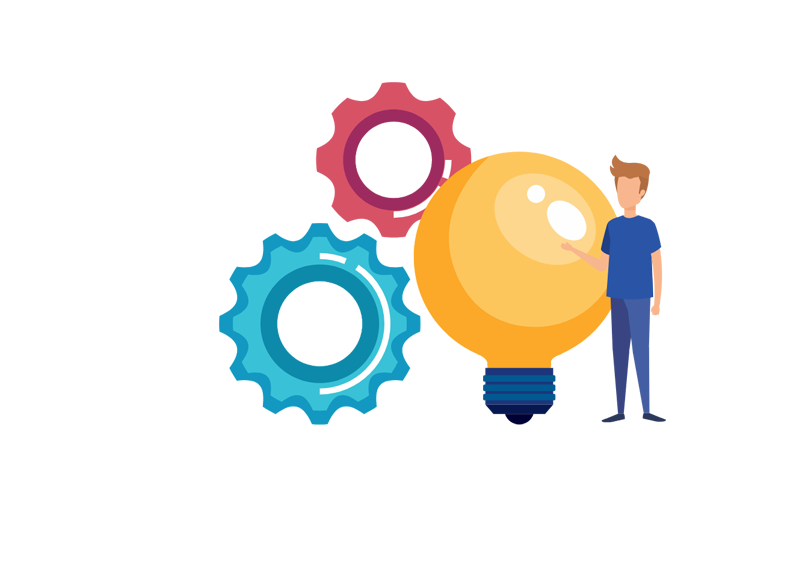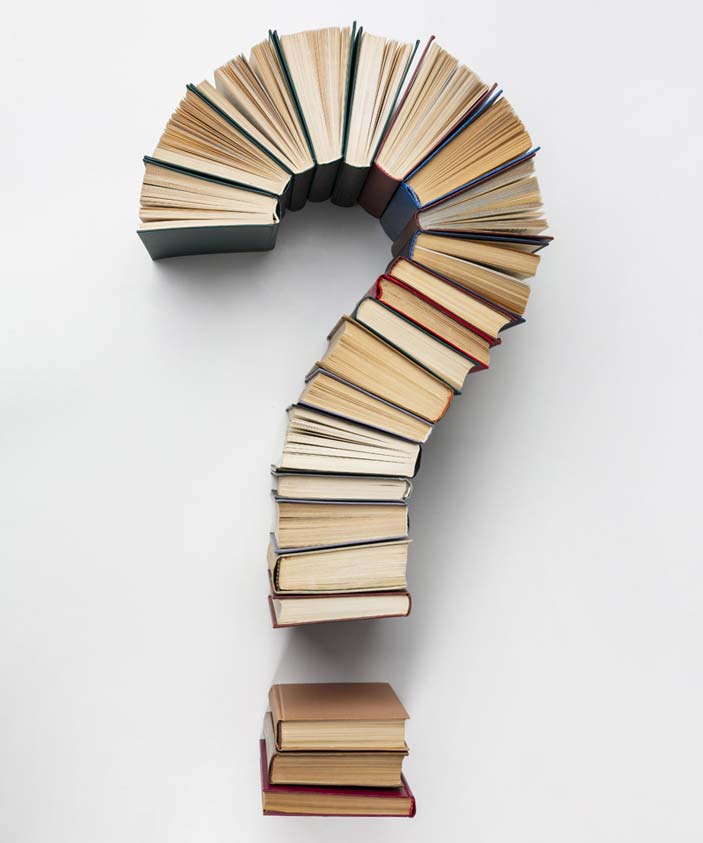Plagiarism POLICY


According to the White House Office of Science and Technology Policy, when the content is being reused without proper citations to the creator or without the creator's knowledge, it is termed Plagiarism. Plagiarism is taking someone else's ideas, copying work, or work contents or stealing thoughts during discussion or words without giving them proper credit. Plagiarism can range from unintended overlooking to comprising a source in a bibliography to deliberate. Plagiarism also includes material taken from internet resources and not properly cited. It is considered academic dishonesty or fraud wherein the user cannot frame the ideas and contents but depends on someone else for innovative ideas and thoughts. It has diverse groups, namely - self, unintentional, or blatant. Self-plagiarism refers to the process where the contributor or Author copies their idea after publishing his work and receives credit. Author Careless about citations and sources raises Unintentional Plagiarism from which information is derived. Moreover, blatant Plagiarism is considered a crime because it is the intended use of the content without crediting the creator.
At the Chem Publishers platform, there is Zero tolerance for Plagiarism.
All Authors must submit Plagiarism reports and queries raised by the Editor about Plagiarism. Furthermore, Authors and contributors are responsible for their actions of Plagiarism. Chem Publishers can cancel the Author's membership and restrict them from retrieving the website. Authors are requested to use the use online Plagiarism tools before submission. The decisions of Chem Publishers will be final in this case.
Chem Publishers use iThenticate: Plagiarism Detection Software to observe the plagiarized content in the submitted Article.


